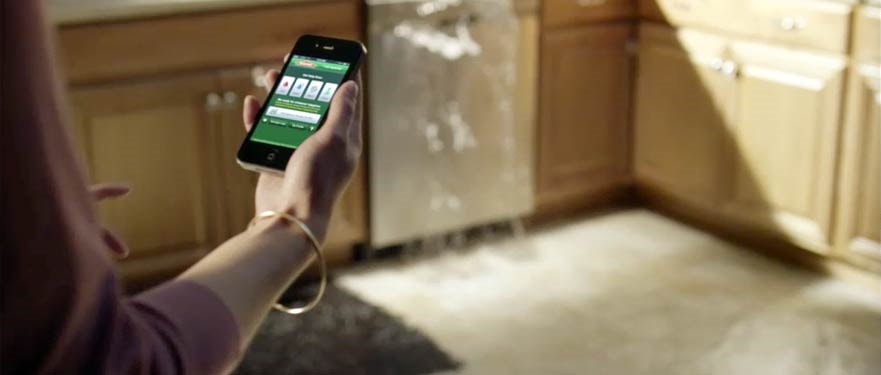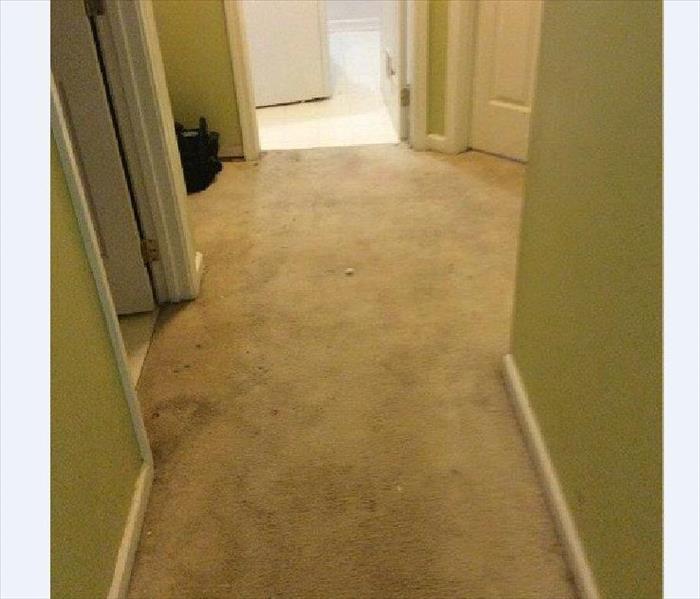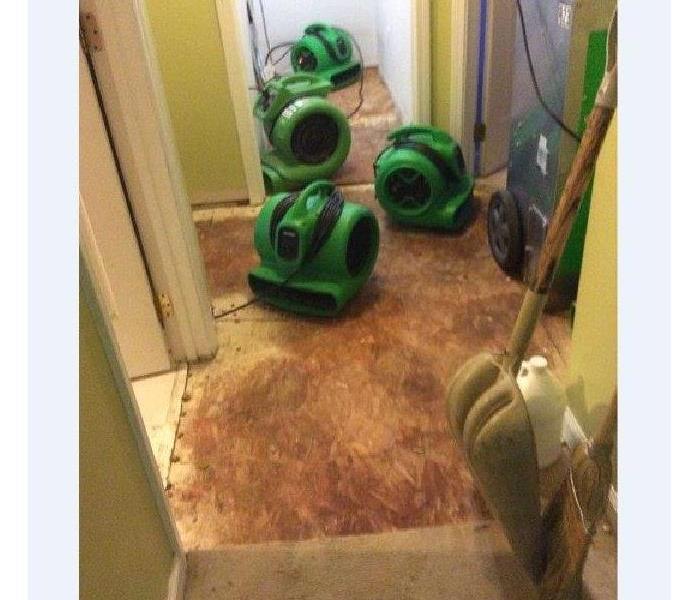
Water Damage Emergency Tips
What you can do until help arrives
Water Tips | Fire Tips | Biohazard Tips | Mold Tips
Winter storms are making its way to the upstate. Things to keep in mind when it comes to winter storms. Protect your pipes. Frozen pipes can cause the water to expand and that can lead to the pipe cracking or even bursting. Keep the pipes that are unheated in areas like the basement, attic, or garage safe. Check your heat. Make sure that everything is running okay to stay warm during the cold months. Changing of filters is something to look into that could cause weak heat circulation through your home. Another tip is to prevent ice dams. This can leave sitting water on the roof that can find its way through cracks on roofs which can eventually cause some water damage to your ceiling. A good way to prevent this is to keep your gutters clean or install a heat cable along the eaves of your house to melt the ice and keep the water going away from your roof. Going along with that make sure to have your roof inspected to make sure you are okay for the winter months. Something else that could help prevent any damages from winter storms is to make sure all windows and doors are well sealed to protect your home. Lastly, make sure your family is well suited for an emergency. An emergency kit is very useful and make sure there is plenty of food and water to last in case of an emergency.
Stay warm and stay safe!
-SERVPRO team
Have A Water Damage Emergency? Call (864) 576-7499
What To Do After Flooding
- Remove excess water by mopping and blotting.
- Wipe excess water from wood furniture after removal of lamps and tabletop items.
- Remove and prop wet upholstery and cushions.
- Place aluminum foil or wood blocks between furniture legs and wet carpeting.
- Turn air conditioning on for maximum drying in summer.
- Remove colored rugs from wet carpeting.
- Remove art objects to a safe, dry place.
- Gather loose items from floors.
What NOT To Do After Flooding
- Don't leave wet fabrics in place. Hang furs and leather goods.
- Don't leave books, magazines or other colored items on wet carpet or floors.
- Don't use your household vacuum to remove water.
- Don't use television or other household appliances.
- Don't turn on ceiling fixtures if ceiling is wet, and keep out of rooms where ceilings are sagging.

 24/7 Emergency Service
24/7 Emergency Service




